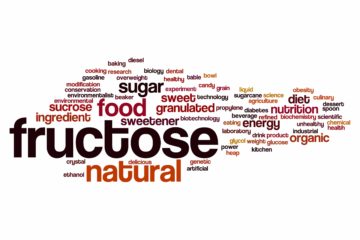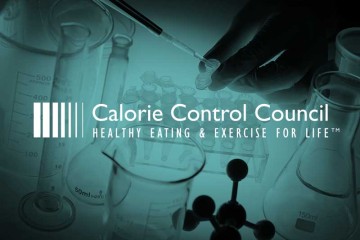

A recent systematic review and meta-analysis from The BMJ attempts to define a relationship between fructose intake and the development of gout and hyperuricemia. Researchers were only able to identify two prospective cohort studies which met their selection criteria; both of which pertained to fructose intake and gout but did...
Read More
On October 11, a study published in eLife revealed the effects of thioredoxin-interacting protein (Txnip) on fructose absorption and metabolic disease progression in mice models. It has been established Txnip overexpression impairs glucose uptake in peripheral tissues whereas Txnip ablation results in increased glucose uptake. Txnip is thought to regulate...
Read More
A study published in Appetite investigated the effect of glycemic index (GI) and fructose content in pre-exercise meals on appetite following moderate-intensity exercise. The study enrolled ten, healthy men with an average age of 21.7 years and average BMI of 20.9kg/m2. The three, isocaloric pre-exercise meals were classified as low...
Read More
By Rosanne Rust MS, RDN, LDN — When sugar is brought up in a conversation about diet and health it is often done so with grave concern. When the new line item for added sugars begins to appear on the revised Nutrition Facts label, more attention will be brought to...
Read More
Dr. Keri Peterson Medical Advisor to the Calorie Control Council It has been reported in the media that ingesting foods and beverages sweetened with low calorie sweeteners can cause you to crave sugary foods and potentially gain weight. There are a variety of mechanisms postulated to account for this phenomenon. ...
Read More
In a study published in the Journal of Clinical Investigation (see attached), researchers suggest that ChREBP, a transcriptional activator of glycolytic and lipogenic genes, modulates selective liver insulin sensitivity. Researchers believe that in insulin resistant states, where glucose is not readily taken up by peripheral tissues, glucose shunting to the...
Read More